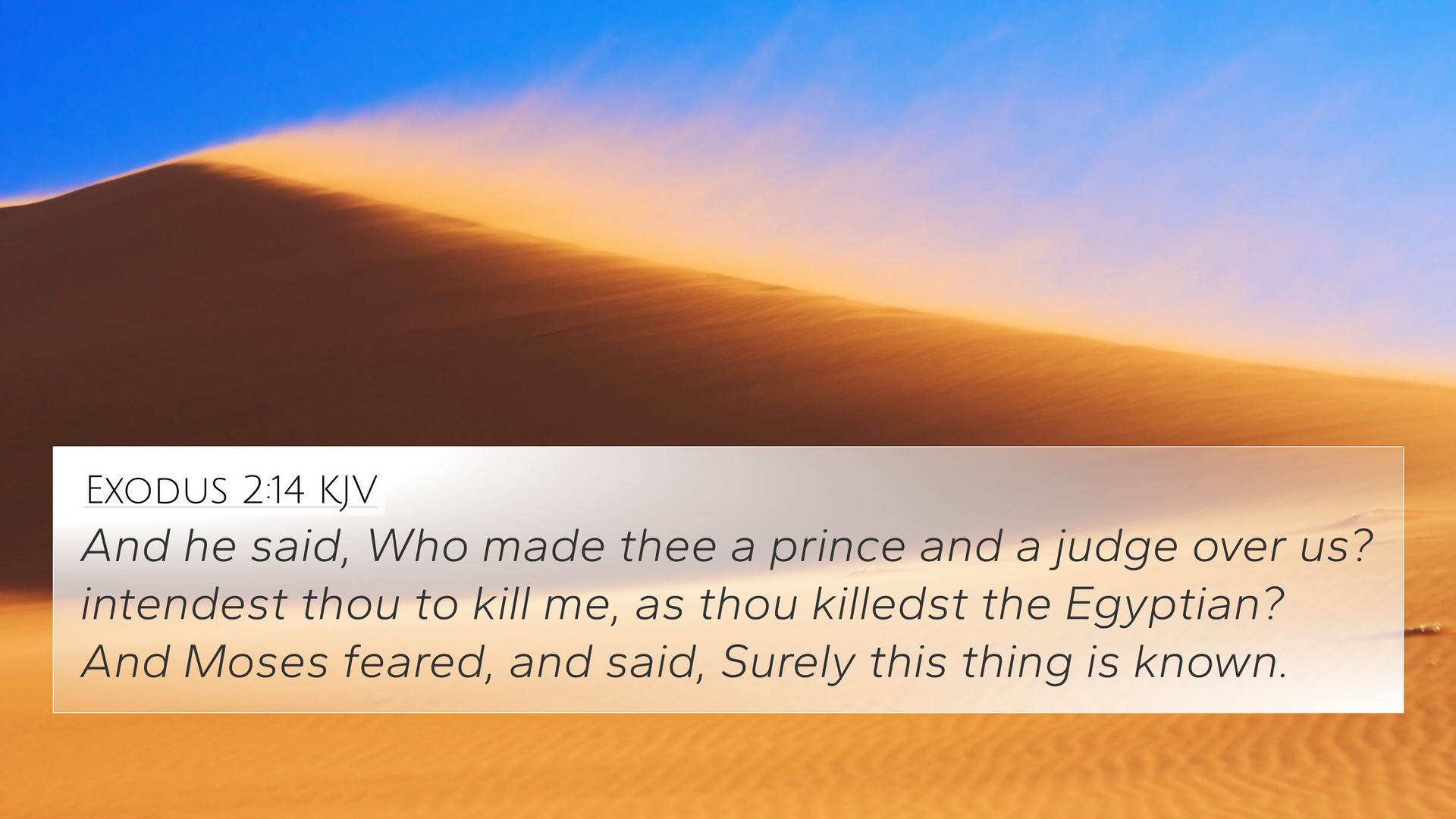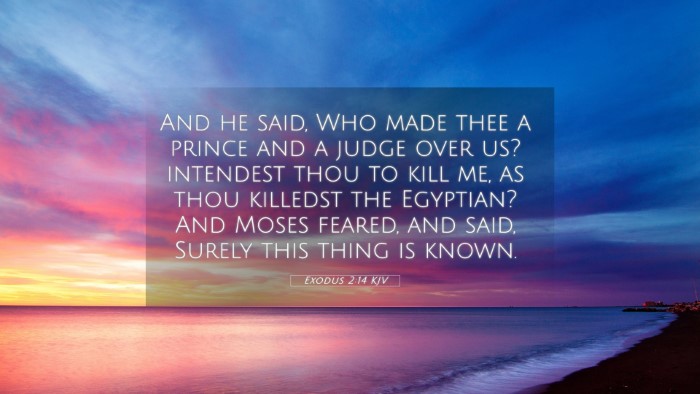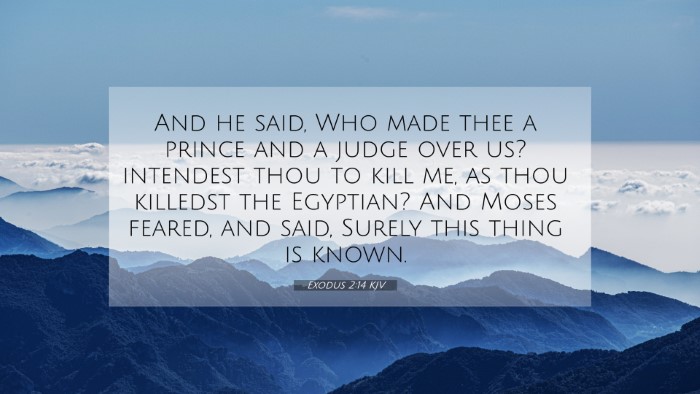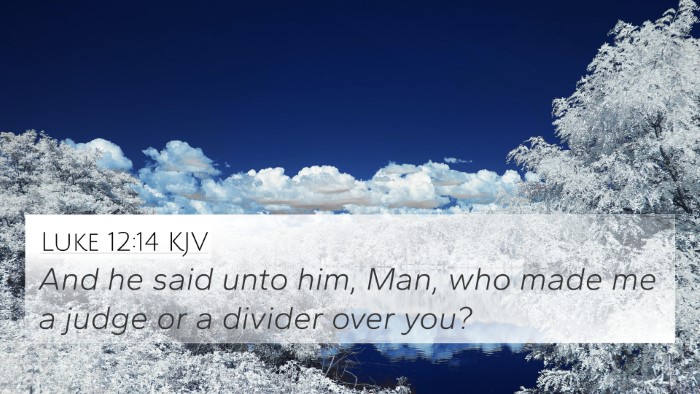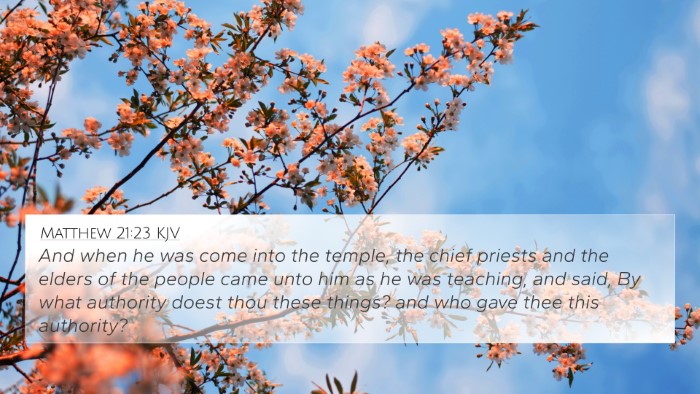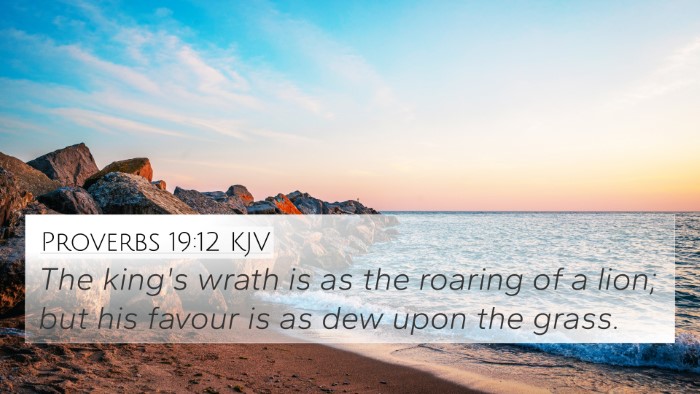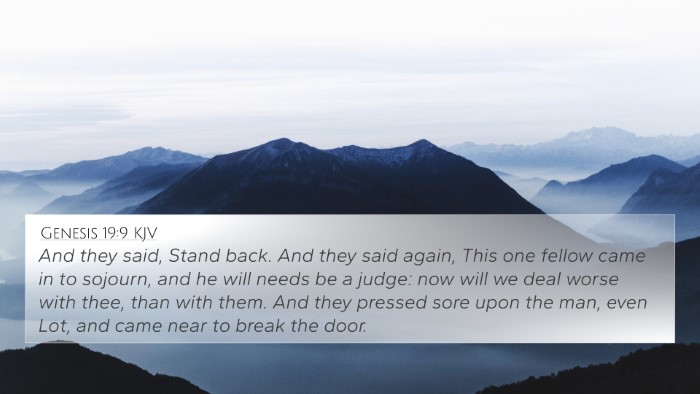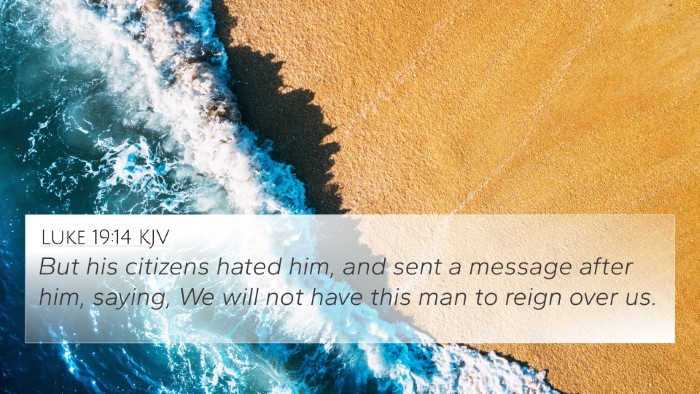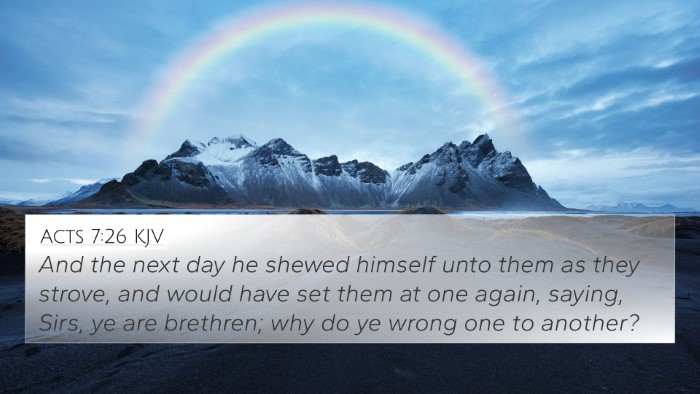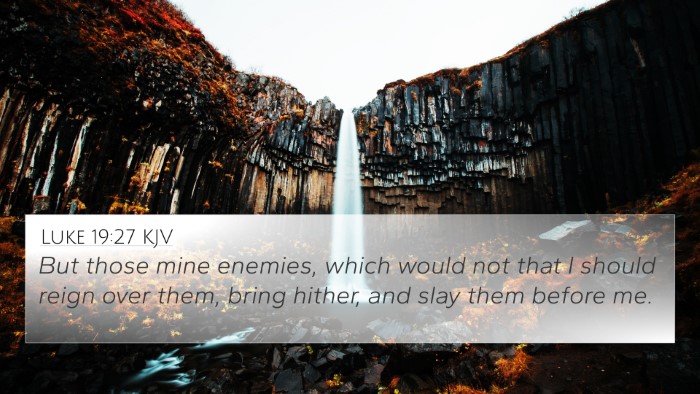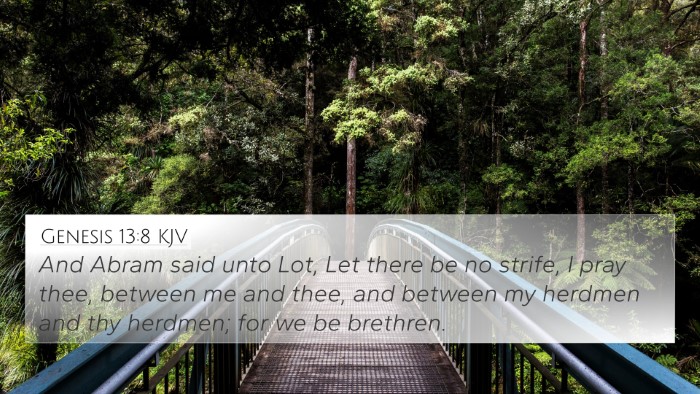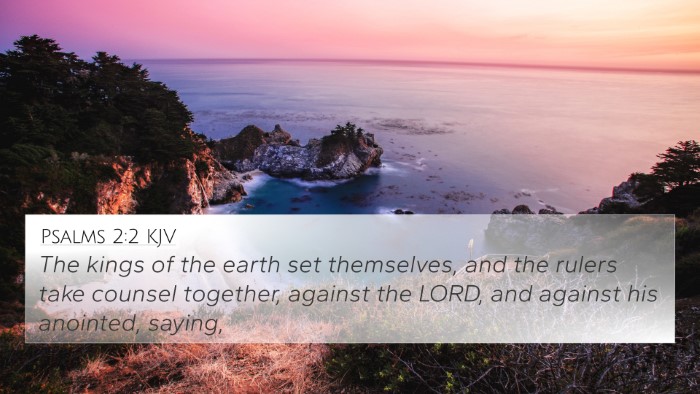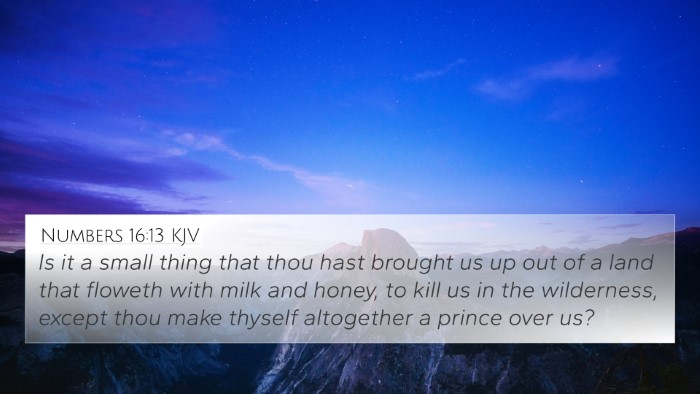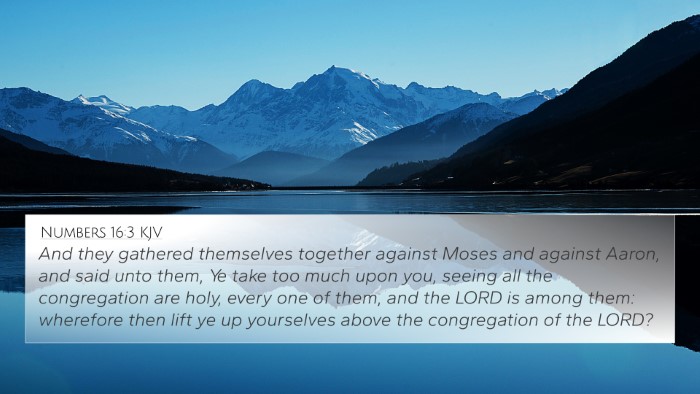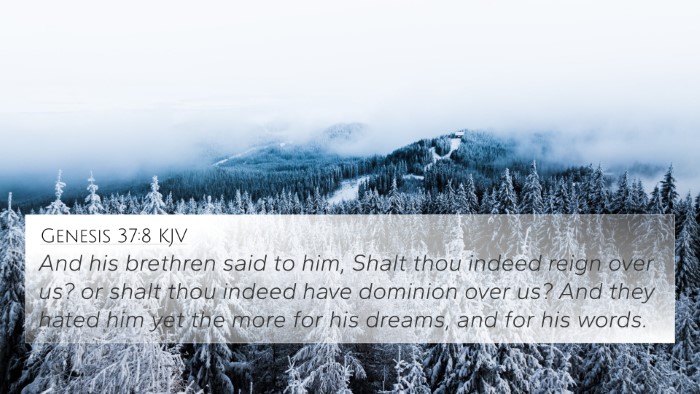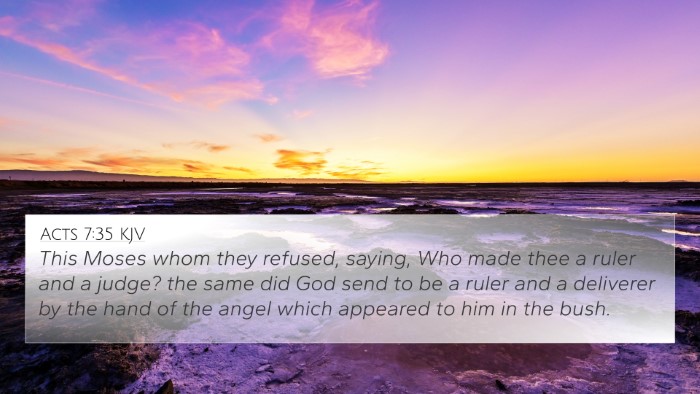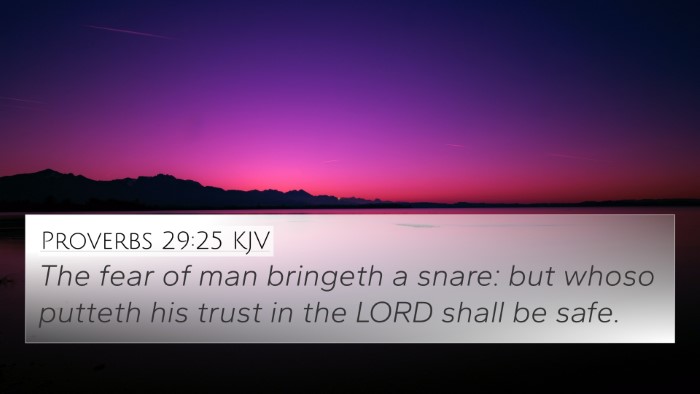Understanding Exodus 2:14
Bible Verse: Exodus 2:14 - "And he said, Who made thee a prince and a judge over us? intendest thou to kill me, as thou killedst the Egyptian? And Moses feared, and said, Surely this thing is known."
Summary of Exodus 2:14
This verse recounts a pivotal moment in the life of Moses, where his identity and purpose begin to unfold amidst tension and misunderstanding. When Moses intervened in an altercation between two Hebrews, it led to a confrontation where one Hebrew questioned his authority and intentions.
Commentary Insights
- Matthew Henry: Henry emphasizes the particular significance of Moses having to confront the very people he aimed to help. This incident showcases the complexities of leadership, especially in how one may not always be received positively by those they seek to support.
- Albert Barnes: Barnes describes the fear that gripped Moses upon being confronted. This fear was twofold: the fear of the repercussions of his past actions and the suspicion that others would expose his secret - his involvement in the murder of the Egyptians.
- Adam Clarke: Clarke points out the deepening of Moses’ internal struggle. He viewed himself as being called to deliver his people but faced immediate rejection, leading to a crisis of identity that would shape his subsequent choices.
Thematic Analysis & Cross-References
This verse is deeply interconnected with themes of leadership, identity, and the prophetic calling that would later become central to Moses’ life. Below are key connections and related verses:
- Connections with Bible Verses:
- Acts 7:27-29: This passage recounts Stephen's reflection on Moses' struggle and rejection when he attempted to intercede for his brethren.
- Hebrews 11:24-26: This text highlights Moses choosing to suffer with his people rather than enjoy the pleasures of Egyptian royalty, reinforcing his commitment to his heritage.
- 1 Peter 2:9: It describes believers as a chosen people, paralleling Moses' role in representing God’s chosen nation.
- Exodus 3:10: God later commissions Moses to confront Pharaoh, aligning with Moses’ past concern for his people.
- Luke 4:24: Jesus acknowledges that no prophet is accepted in his hometown, mirroring the rejection Moses faced from the Hebrews.
- John 1:11: Similarities in the rejection of Jesus as a Messiah relate to the rejection faced by Moses as a leader.
- 2 Corinthians 4:8-9: Paul describes being hard-pressed, highlighting the trials leaders face, akin to Moses' fears in this verse.
Comparative Bible Verse Analysis
This analysis allows us to see how Exodus 2:14 is more than a mere historical account; it invites readers to ponder the intricacies between betrayal and leadership. By linking Moses’ experience with others throughout Scripture, we see a consistent theme of the challenges faced by those chosen to lead. This also serves as a rich territory for personal reflection on the nature of calling and responsibility in the eyes of God.
How to Use Bible Cross-References
For those seeking a deeper understanding of Biblical texts, employing cross-referencing is an invaluable tool. Here are methods to explore:
- Utilize a Bible concordance: This can aid in finding related verses quickly.
- Develop a Bible cross-reference guide: Create lists of verses that relate thematically or contextually to each other.
- Engage in cross-reference Bible study: Compare narratives and teachings from different books of the Bible.
- Draw parallels between Old and New Testament passages: Understanding how the themes are woven throughout Scripture can enhance study.
Inter-Biblical Dialogue
Exodus 2:14 points act as a primary text that fosters inter-textual dialogue throughout the Bible. It encourages readers to consider how the themes of identity, rejection, and purpose resonate not just in Moses' life, but also in the lives of other Biblical figures, including Jesus Christ and Paul.
